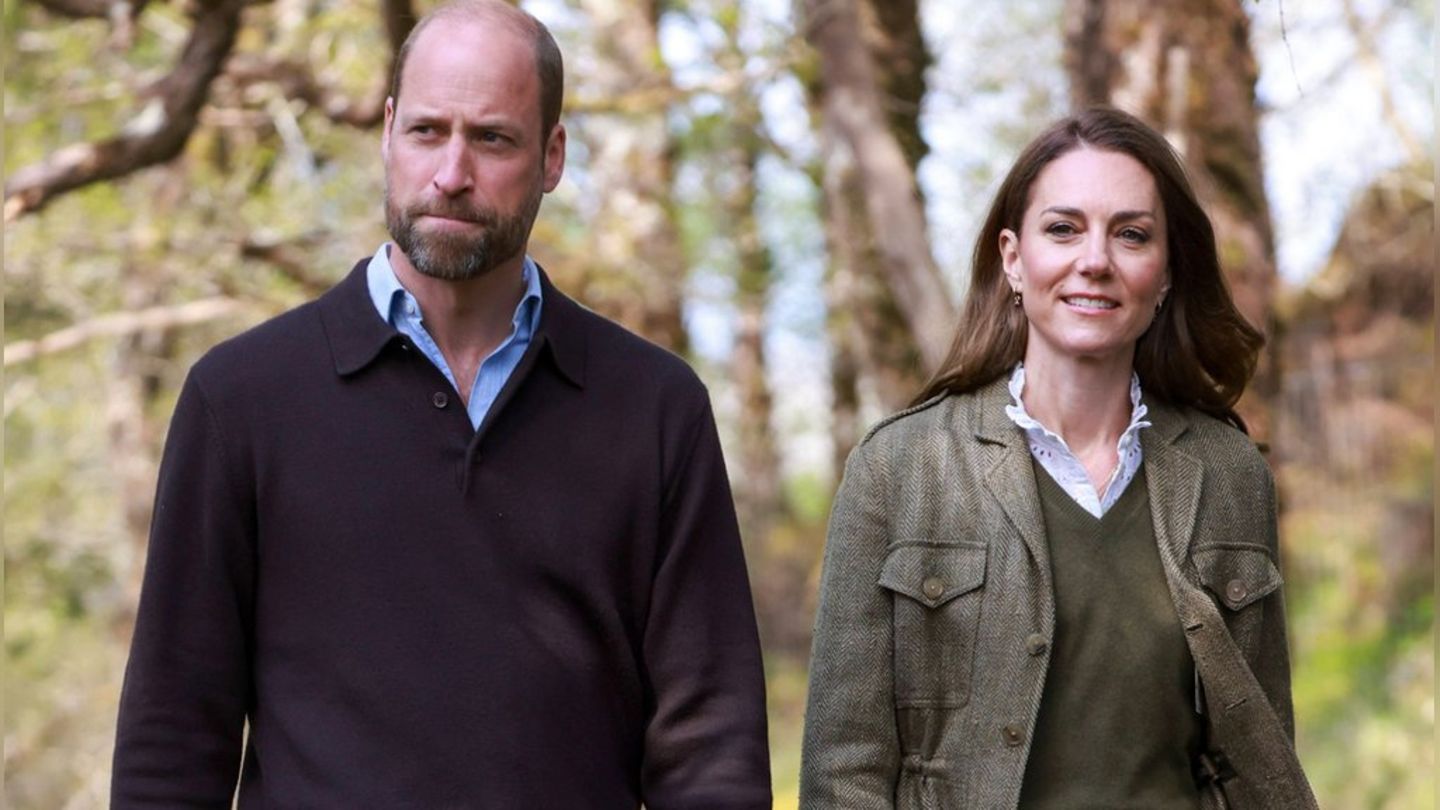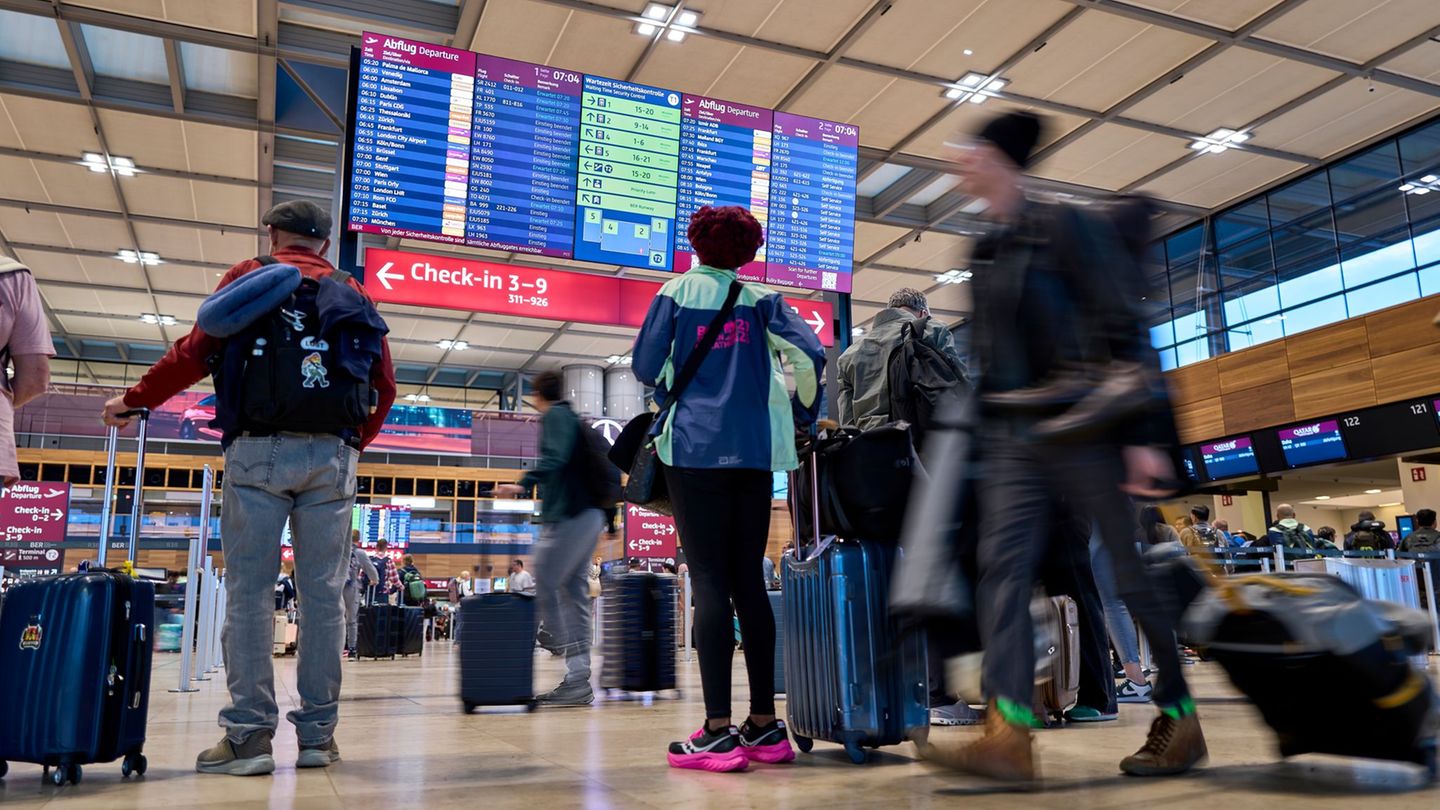After the First World War, the German high-seas fleet sank itself – citizens still pay the resulting champagne tax today. Despite the time limit, there are still solos. Is that unconstitutional?
The Federal Fiscal Court (BFH) wants to announce its decision on a lawsuit against the solidarity surcharge on Monday (10:00 a.m.). A submission to the Federal Constitutional Court is conceivable. Then the Karlsruhe judges would have to decide whether the levy, which is only paid by higher earners, is now unconstitutional.
According to the BFH, the federal government’s income from the solos amounted to eleven billion euros. If the levy were to be declared unconstitutional one day, the question would be whether the federal government would have to pay back its solidarity surcharges.
Are the arguments enough?
An elderly couple from Aschaffenburg complained. With the support of the taxpayers’ association, it wants to bring down the solos. The lawsuit is based on two arguments: the solidarity surcharge was intended to finance the burdens of German unity, but this purpose has not been used since 2019. At that time, the Solidarity Pact II expired, and since then there has been no special funding for the East German states.
In addition, the plaintiffs and their lawyers accuse the federal government of violating the principle of equality in the Basic Law, because only a small minority of taxpayers have to pay the tax, but not the vast majority.
With the law on the return of the solidarity compensation from 2019, the then grand coalition decided that only higher earners – the top ten percent of incomes – would have to pay the surcharge. The remaining ninety percent of taxpayers should remain exempt. According to the plaintiffs’ lawyer, about 2.5 million people are still paying the solos.
“Hope to see each other again in Karlsruhe”
Taxpayer President Reiner Holznagel said the process was an important stage. “Because we’ve been fighting for the complete end of solos for years,” said Holznagel. “We hope to see each other again in Karlsruhe.” Greens and leftists, on the other hand, want to continue taxing the top ten percent of incomes, even if the solos should fall. In the “Rheinische Post” (Monday), Holznagel assumed that the Federal Fiscal Court would question the constitutionality of the solos from 2020. “I’m expecting a stage win on Monday,” he said. A judgment from Karlsruhe can then be expected in a year at the earliest.
The lawsuit is at least tacitly supported by Federal Finance Minister Christian Lindner (FDP), who wants to abolish the solos anyway. The ministry originally joined the proceedings before the Federal Fiscal Court. This is common in cases where the ministry rejects a claim. Lindner had reversed that, however, and the Ministry of Finance is no longer involved in the solidarity process.
Source: Stern
David William is a talented author who has made a name for himself in the world of writing. He is a professional author who writes on a wide range of topics, from general interest to opinion news. David is currently working as a writer at 24 hours worlds where he brings his unique perspective and in-depth research to his articles, making them both informative and engaging.




